- Home
- Mold Making
Fox mold
Expert Tool Making Partner
Trust the expertise of Fox Mold to be your reliable partner in manufacturing custom molds for your injection molding needs. With over a decade of mold design and manufacturing experience and experienced engineers at the helm of each project, we can create functional molds from concept to sampling in days with exceptional precision. Reduce production schedules and costs with our tooling capabilities.
/
Fox mold
Mold Making /
State-of-the-art Mold Making Workshop
Our world-class facility features dedicated workshops housing cutting-edge equipment for fast and precision mold production, including a CNC machining workshop and an EDM workshop.
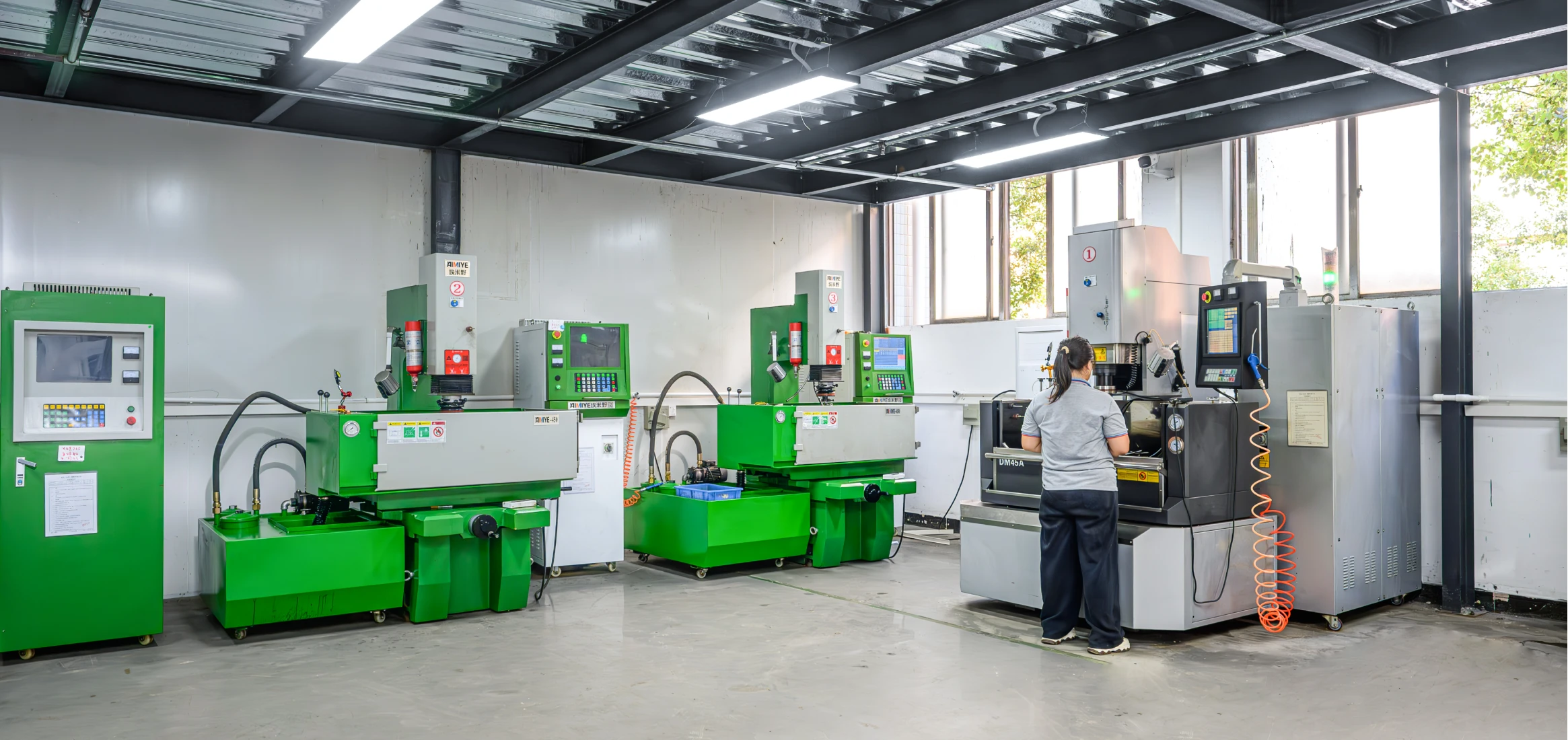
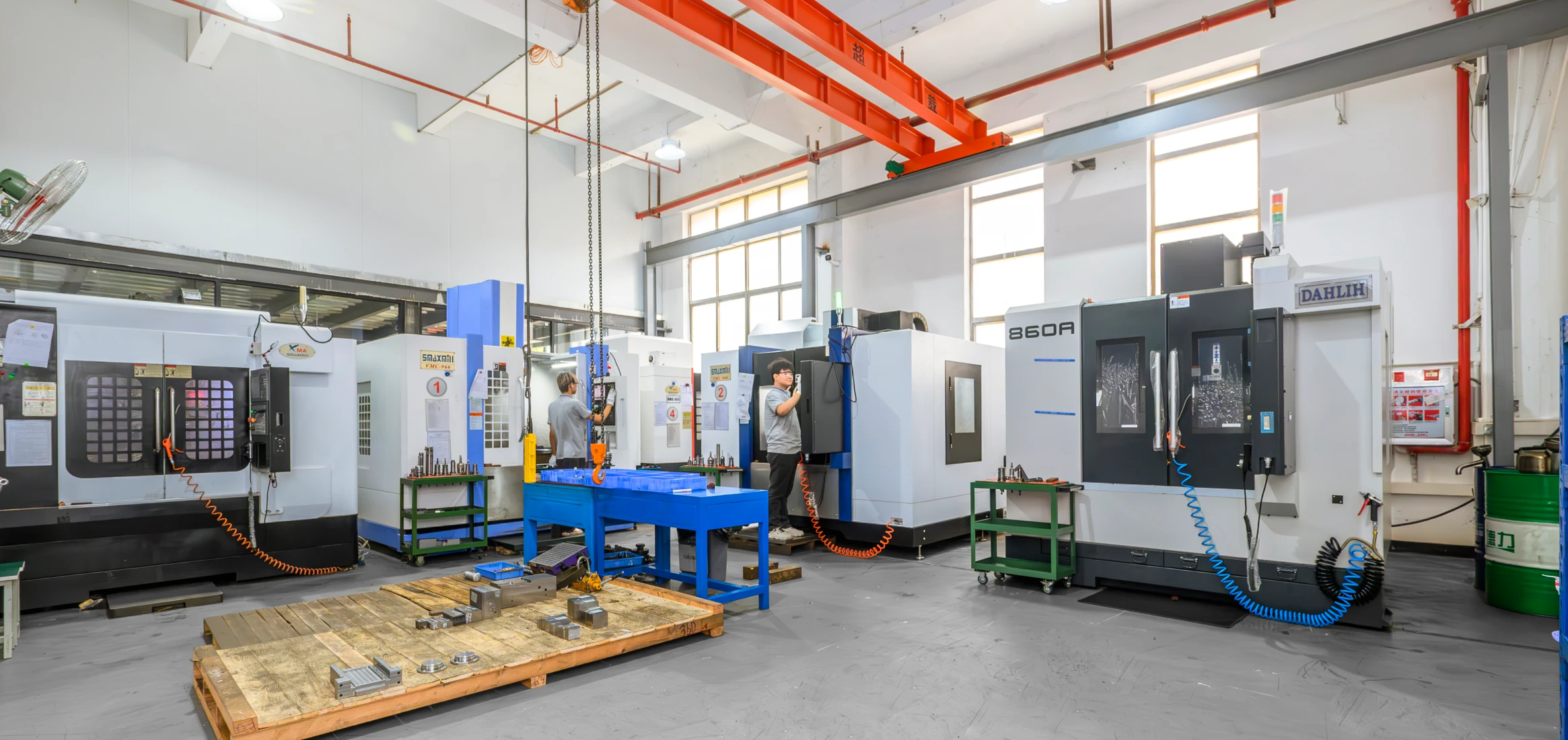
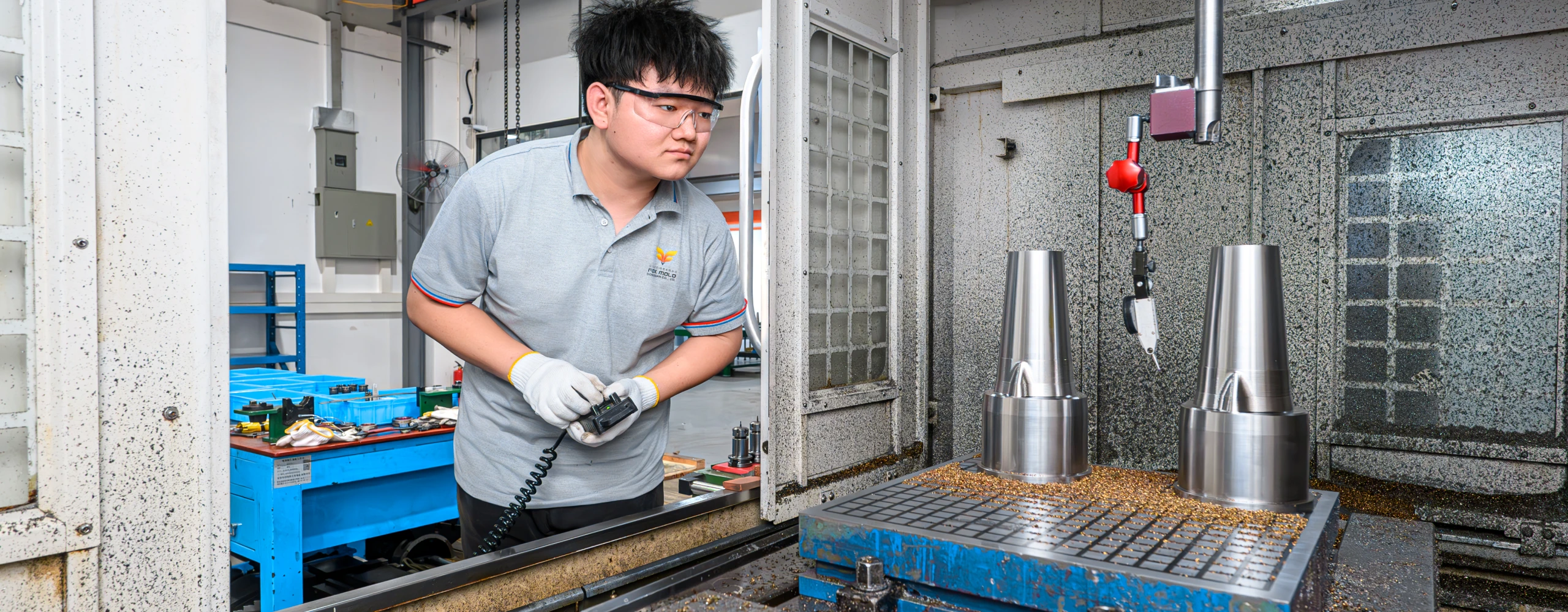
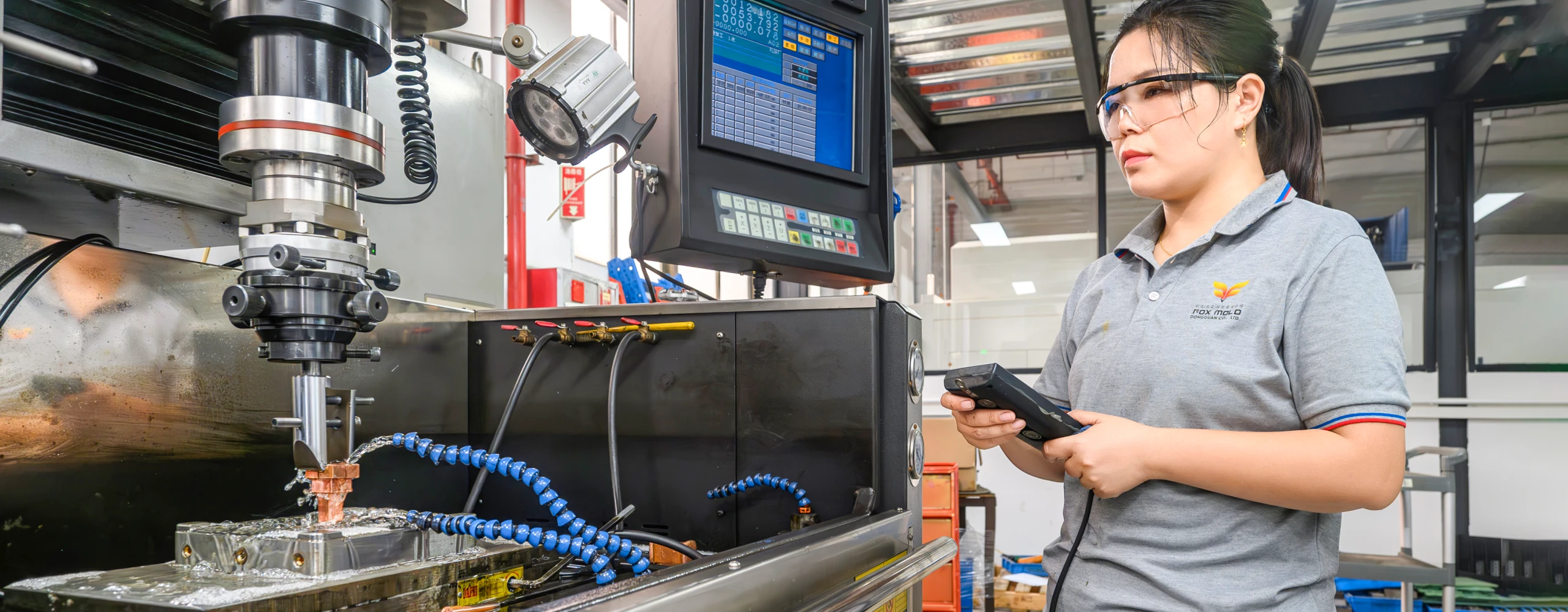

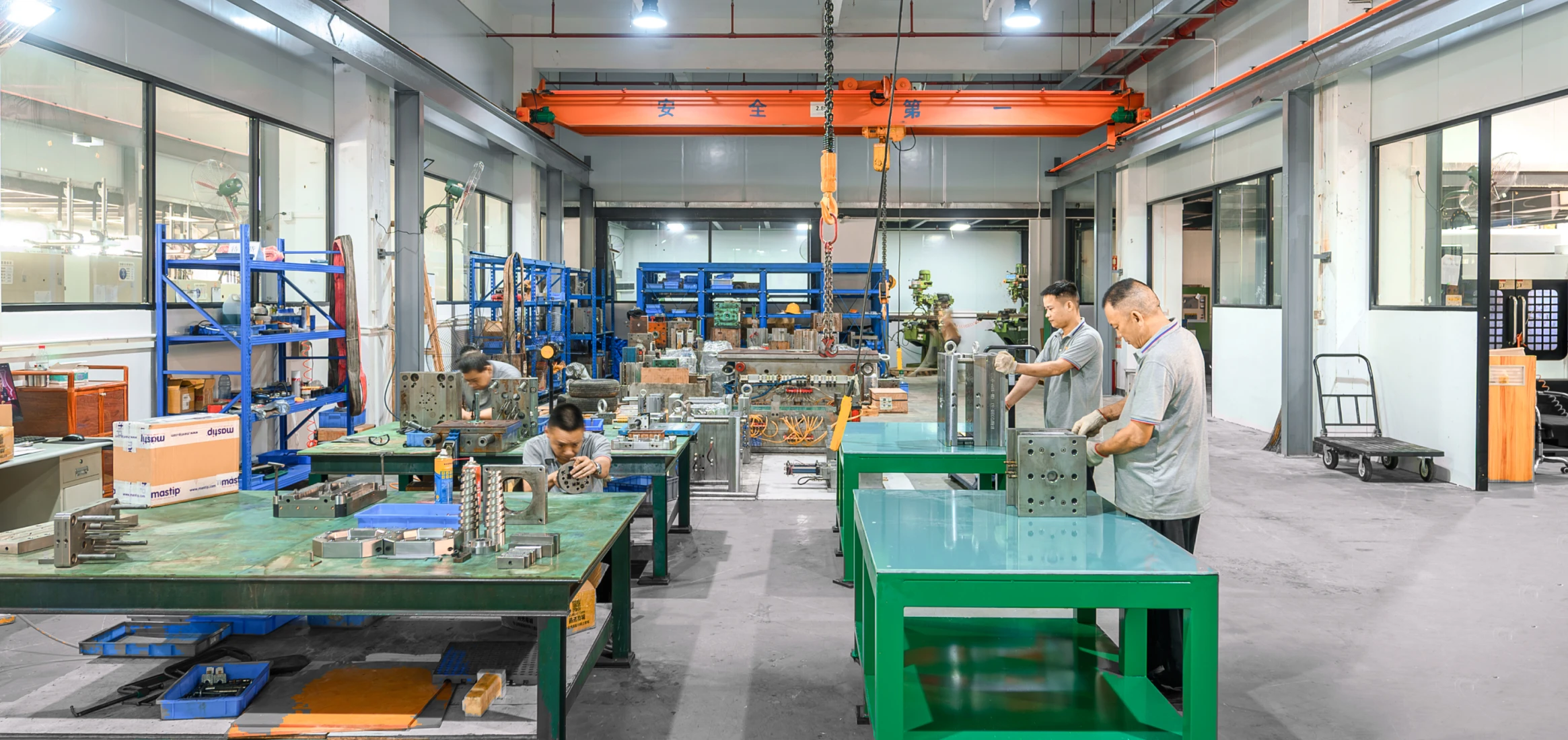






/ Benefits /
How Fox Mold Elevates Your Business
Fox Mold is more than a mold maker; we’re a dedicated partner fully invested in your success.
Fast Turnaround
Molds go from design to production in one week, with regular updates to keep you informed of progress and adjustments.
+/-0.01MM Tolerance
We guarantee a tolerance limit of +/-0.01mm on every completed mold, ensuring that all details of the mold are perfectly transferred to the injection molded plastic.
Precision Parts Manufacturing
With our precision manufacturing capabilities, 90% of our molds are approved after initial testing, reducing the time between sampling and production.
4-Year Store and Maintain
We store your finished molds for up to four years, giving you plenty of time for multiple production runs. This timeframe also includes free maintenance and warranties to ensure they stay in top shape.
Customization for Your Mold
We support the manufacture of custom molds by offering a diverse range of materials that can be used for both the cavity and core sides. Sourced from reputable brands such as ASSAB, Gröditz and LKM, our raw materials have special properties to withstand high temperatures and surface treatments without affecting the final product.
- Mold materials include S50C, P20, 738, 718, S136, 2083, 2344, H13, and 8407, among others.
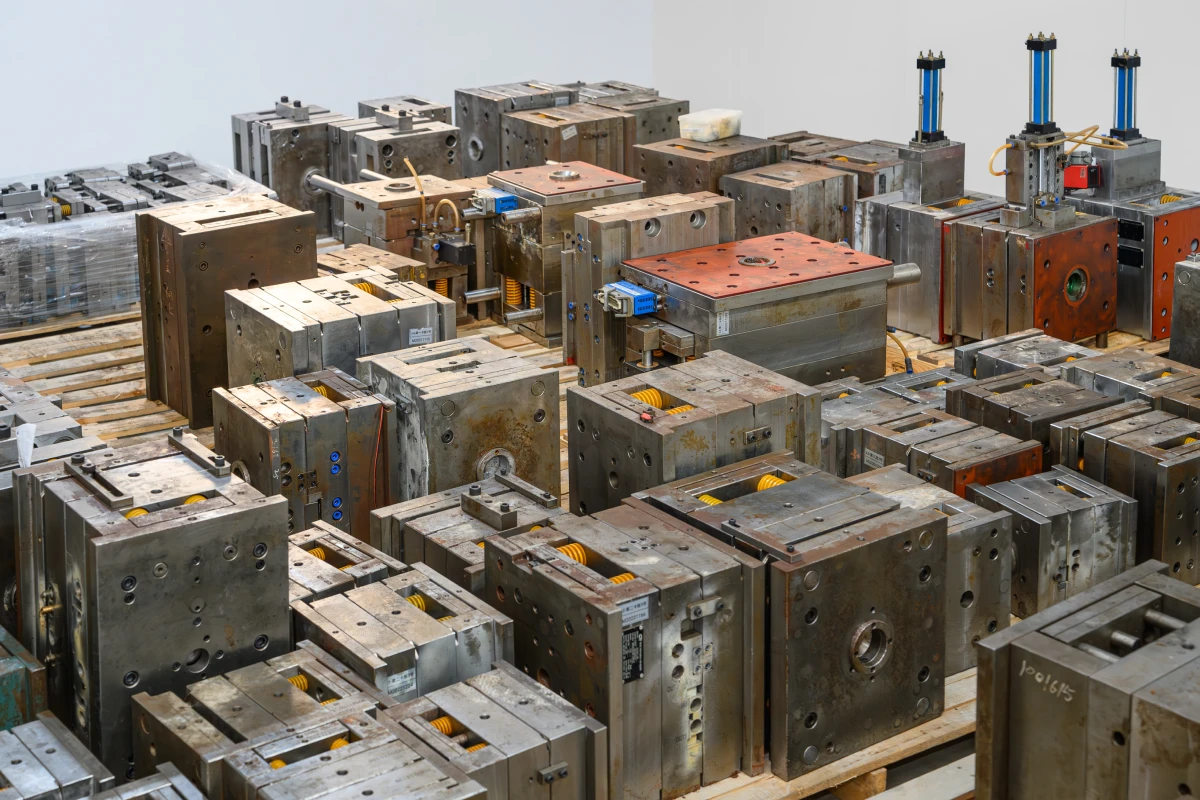
Types of Molds We Developed
Take a look at some of the completed molds we’ve worked on with stunning results.
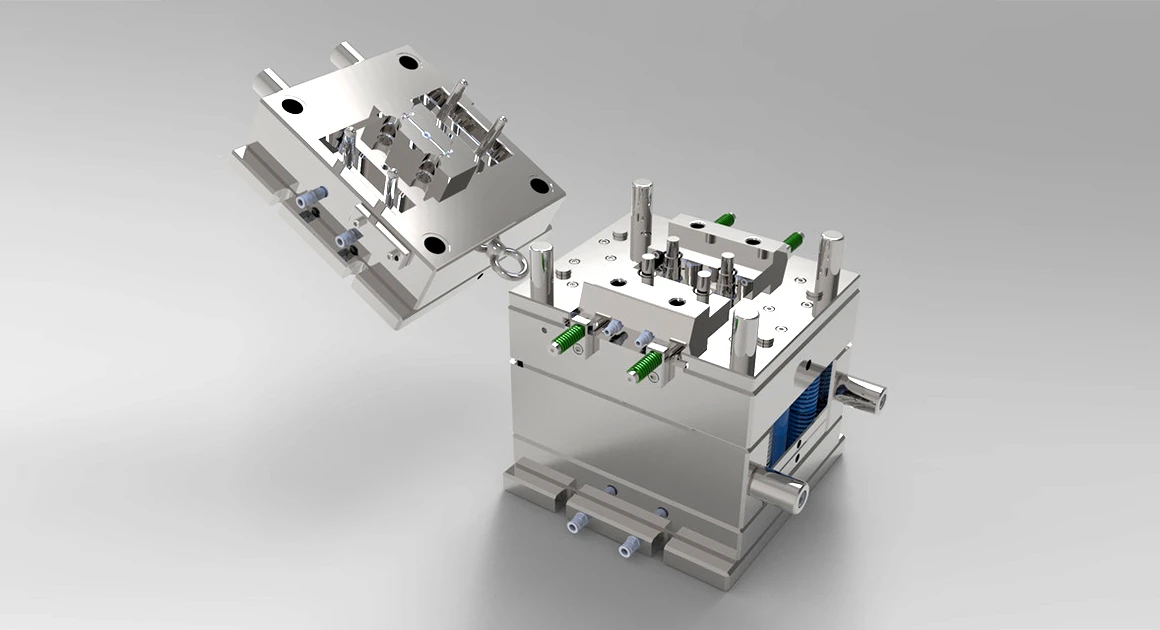
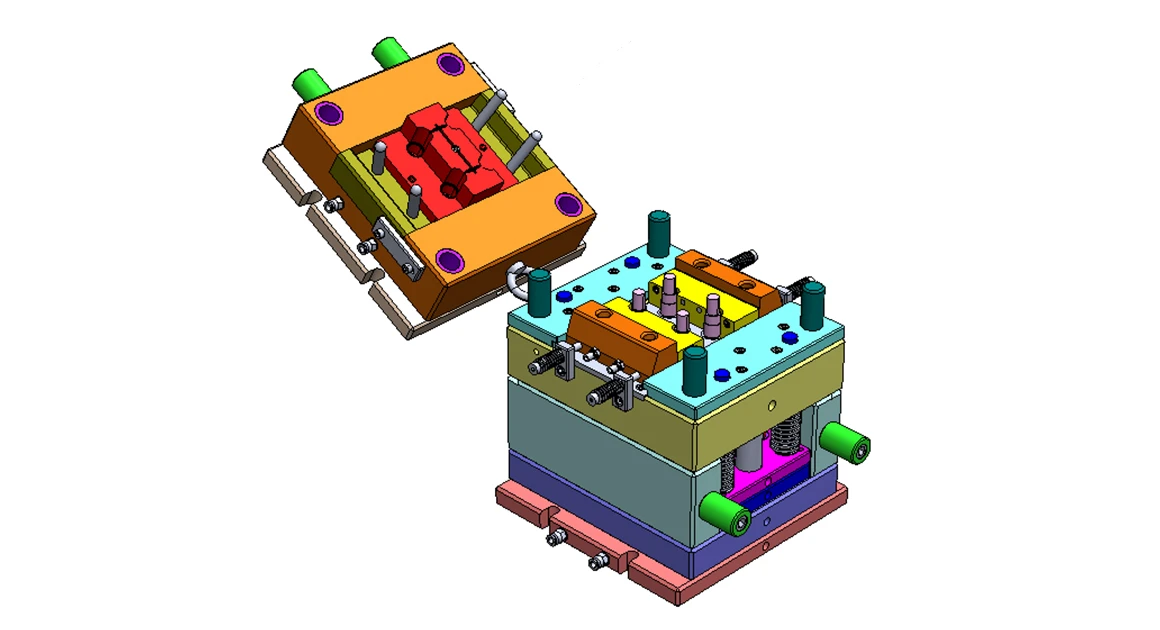


One-Stop Services
We support more services to meet your needs. You can count on Fox Mold to handle any molding project and make any product imagined come to life.
FAQ
What types of CNC machines are used for mold making?
Various types of CNC machines are used for mold making, depending on the design requirements of the mold or manufacturing purpose. Some common types include:
CNC Milling Machine: A CNC milling machine employs a rotating multipoint cutting tool to remove material from the workpiece. The cutting tool is attached to the CNC machine spindle, allowing the milling process to occur in across 3,5 axes. It is commonly used in furniture molds.
CNC Lathe Machines: Lathe or turning machines are similar to CNC equipment that remove material from a workpiece or intended product with a single-cutting tool. The machine operates linearly along the surface. Lathes create cylindrical components such as threads, tapers, and slots in molds.
CNC Drilling: CNC drilling machines make holes in hard materials with very high precision. The machine has a rotating drill that works perpendicular to the surface of the material worked on.
Consideration in Injection Mold Making
The following considerations should be made before attempting an injection mold-making project:
Material Choice: The material selected for injection molding not only affects the flow rates, drying time, overall finishing appearance, but also cost, allowance for special features, and whether there will be a need for post-production machining, which further increases cost. Thus, it is important to seek expert opinion before selecting a mold material.
Wall thickness: Consider the wall thickness of your mold design to avoid warping or cracking of the plastic during cooling. Such complications arise as a result of irregularities in wall thickness, causing uneven flow of mold material. Ensure that uniformity is maintained in your mold design.
Cooling Method: Poor or inefficient cooling can lead to an unsatisfactory product. The cooling method selected should be based on the complexity of the mold design. Standard and air cooling techniques are suitable for simpler designs, while conformal and water cooling work best for more intricate designs.
Materials used for making an Injection Mold
Injection molds are typically made from metals, including steel, aluminum, and copper alloys, and epoxy materials for prototypes. The application of either steel or aluminum depends on factors such as budget, volume, cooling time, mold design, and purpose. Here are a few materials popularly employed in making injection molds:
1) Steel alloys: Steel is the most widely used alloy in injection mold-making due to its high hardness, excellent machinability, and good wear and tear resistance. Examples include P20 steel (pre-hardened) used in plastic injection molds, etc.; 420 stainless steel, used to make molds for food processing applications, in electronics and medical devices; H-13 steel for die-cast molds, and so on.
2) Aluminum alloys: These are the best alternative to steel types in injection molding, especially for rapid prototyping and bulk production. Common examples include 7075 aluminum alloy used in large injection molds due to its high tensile strength and hardness, and 6061 aluminum alloy for small to medium-sized injection molds.
3) Copper alloys: Copper alloys are also used in injection molds due to their excellent thermal conductivity. Production speed has been observed to increase by 15-40% because copper cools faster compared to other alloys. Beryllium copper alloy, popular for its use, is a common copper alloy safe for plastic injection molding in plastic packaging.